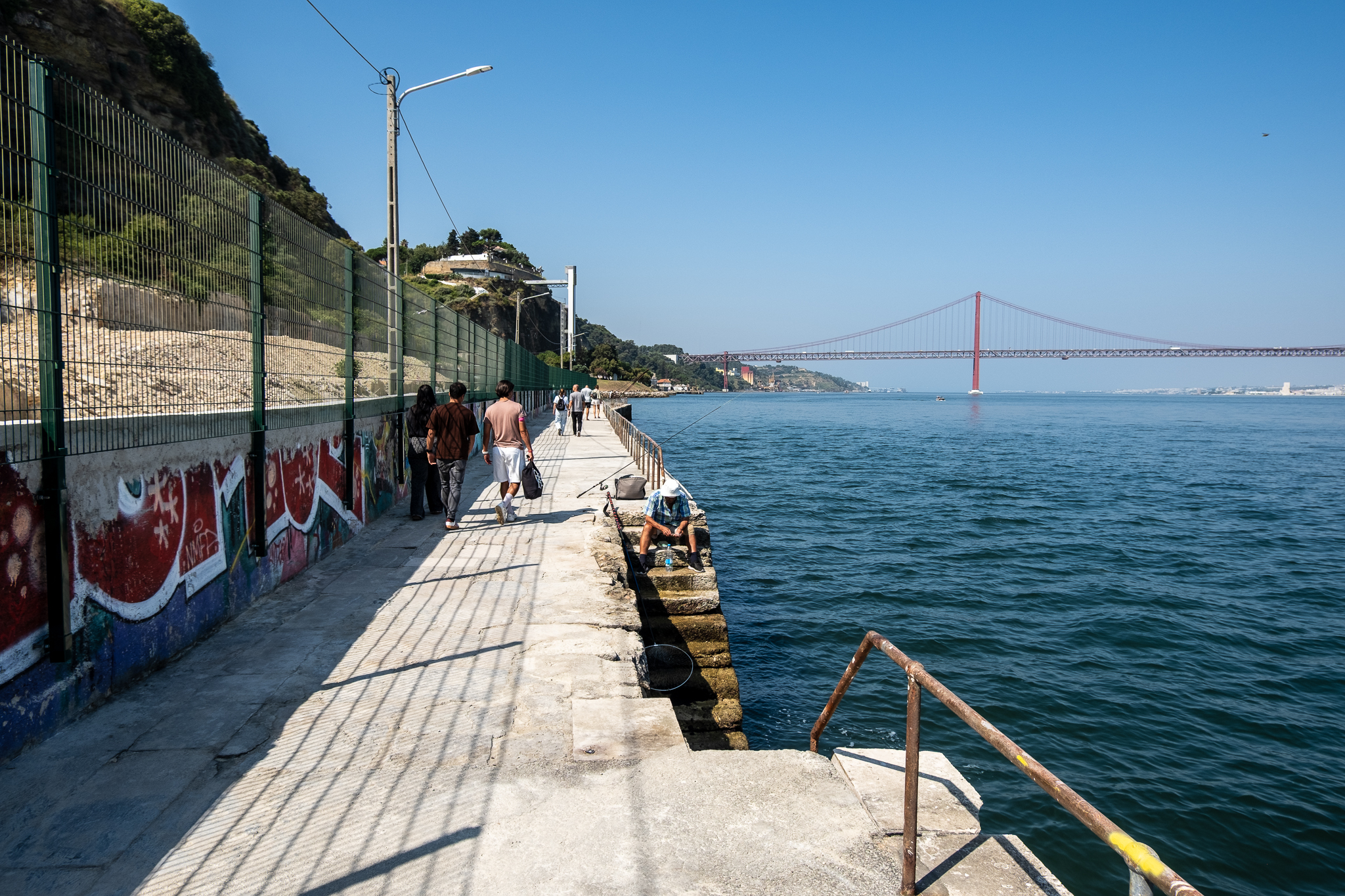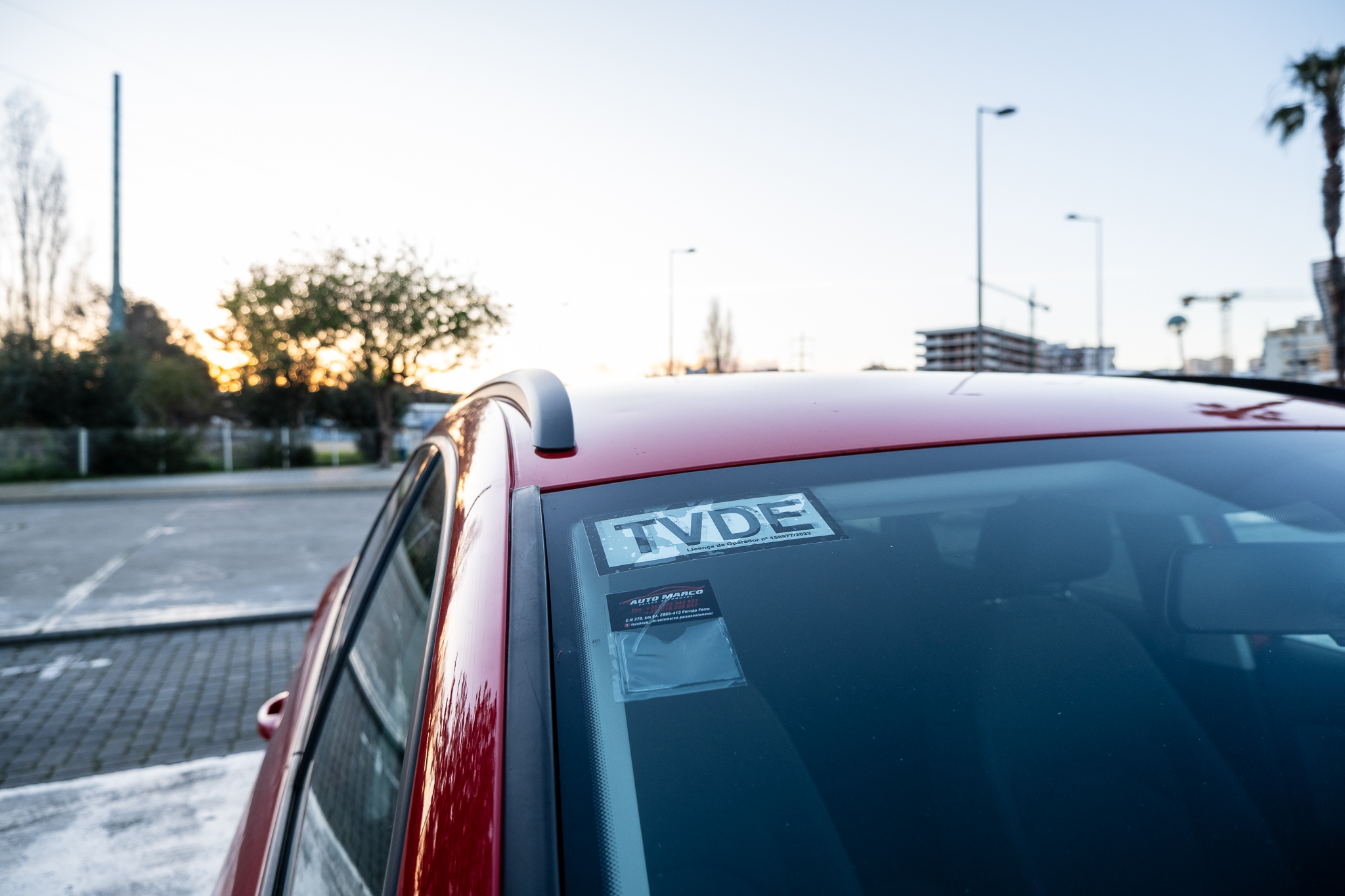Lisbon City Council has launched the "Municipal Accessibility Seal" to distinguish stores and other private establishments that are accessible to wheelchair users. However, for Diogo Martins, an accessibility specialist, "these seals should be reserved for rewarding excellence, spaces whose accessibility features are notorious" - and not establishments that only comply with a 2006 law.

Last week, Lisbon City Council launched the Municipal Accessibility Seala distinction aimed at establishments open to the public which aims to identify those that meet accessibility standardsThey are therefore accessible to everyone, especially wheelchair users.
The Municipal Accessibility Seal can be attributed to any private establishment, such as stores and cafésThe seal also applies to buildings that comply with accessibility standards and good practices, such as having a wheelchair-accessible entrance or an adapted toilet. Owners can apply for the through the municipal online storewhich will be awarded to them if their establishments meet the standards set out in the Accessibility Law2006.

According to the municipality's rules for awarding the seal, it can be given to establishments with one or more steps at the entranceprovided they have a removable ramp "which, being stored inside, can comfortably overcome this unevenness whenever requested to do so by ringing a bell" or, alternatively, a "fixed or removable regulatory means" to overcome this gap "without compromising the surrounding public space". The regulation also allows establishments without an accessible toilet, if it is proven that they are unable to have one due to the demands that such equipment requires in terms of area.
The seal is awarded by five-year period, without automatic renewalThe distinction can be withdrawn if, "for any reason"The initiative's regulations state that all accessible establishments will soon be identified on a special page on the Lisbon City Council's website. Soon, all accessible establishments will be identified on a special page on the Lisbon City Council website. Lisbon City Council says that this seal "aims to provide a broader and more satisfactory response" the right to accessibility, enshrined in the aforementioned law, "particularly in establishments for public use"and at the same time aims to protect local commerce and enhance its value. "its efforts to adapt to the principle of universal accessibility".
The launch of the Lisbon Municipal Accessibility Seal took place at the National Accessibility Day, marked last Friday, October 20thThe event was held in Lisbon, with the award of the distinction to three pilot stores on Avenida da Liberdade. This moment brought together the Mayor, Carlos Moedas, Councillor Ângelo Pereira, who is responsible for Pedestrian Accessibility, some associations for people with reduced mobility and also the initiative's partners, namely: o AHRESP - Association of Hotels, Restaurants and Similar Services of Portugal, o Lisbon Tourism and the UACS - Union of Trade and Services Associations.
"In reality, accessibility seals have proved to be ineffective"
For Diogo Martins, an accessibility consultant, the Lisbon Municipal Accessibility Seal is a good initiative, already applied in other contexts, but it doesn't solve the problems faced by those who deal with their limited mobility on a daily basis. "Accessibility seals are nothing new in Portugal. There are entities that sell them, others that make them available for free, and there are those who have online lists of sites that are considered accessible without, however, awarding seals."he explains to LPP. "Seals are seen as a positive way of rewarding those who make their spaces accessible and thus trying to get private individuals to want to make their establishments accessible, as if the law didn't oblige them to do so. But in reality, accessibility seals have proved to be ineffective."
Diogo, who took part in the launch of the stamp on behalf of the Center for Independent Living, an association of which he is a member, explains that the strategy of the stamps "has been adopted in several countries, without, however, having effective enough results to notice practical differences for people with disabilities". "Not infrequently, these seals fail to guarantee a sufficiently high and precise level of criteria that ensure accessibility for all people and in the various types of accessibility. They are therefore a form of awareness-raising that ultimately benefits people without disabilities, giving them a sense of having done their duty to us and an erroneous social awareness of the real situation, making it seem better than it really is, leading to the idea that the law is optional."

For the expert, the seal created by the Lisbon City Council "has vague accessibility criteria and does not cover all types of accessibility"and the municipality should be more demanding when it comes to awarding them. On Friday, the first stamps were affixed to Avenida da Liberdade, but according to Diogo, who uses an electric wheelchair, not all of the stores awarded are really accessible. “In one of the stores, the lifting platform for accessing the various floors can't hold more than 200kg, excluding most people who use electric wheelchairs. In another store, the ramp will only arrive in November, after being open for several years without any entrance ramp"mentions. "And I'll be there to make sure that the ramp actually arrives in November."
"Rewarding people for making an effort to comply with the accessibility law is like rewarding people for paying the IRS. The law exists for a specific reason: to guarantee the human rights of people with disabilities. Rewarding compliance with basic and essential laws for the daily lives of more than a million people in Portugal alone becomes pointless when we are unable, as a country, to comply with the basics of legislation and what is a fundamental right for the independent lives of people with disabilities."understands the member of the Center for Independent Living.
Diogo tells LPP that "these seals should be reserved for rewarding excellence, spaces whose accessibility features are notable, either because they have gone far beyond what is required or because they have been developed with people with disabilities. Excellence should be highlighted, rather than mere compliance with legal minimums".
More information about the Accessibility Seal can be found here.










